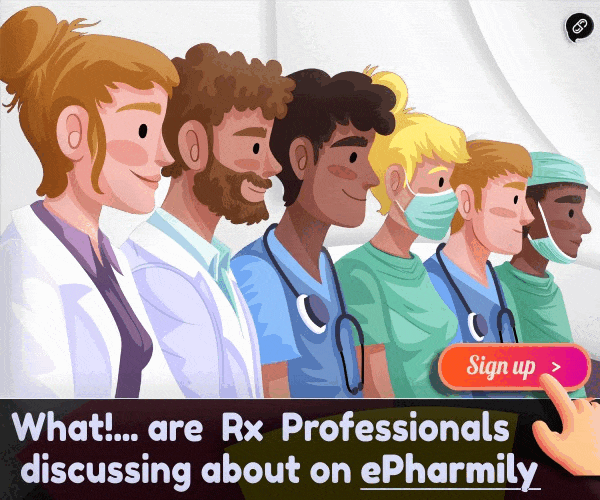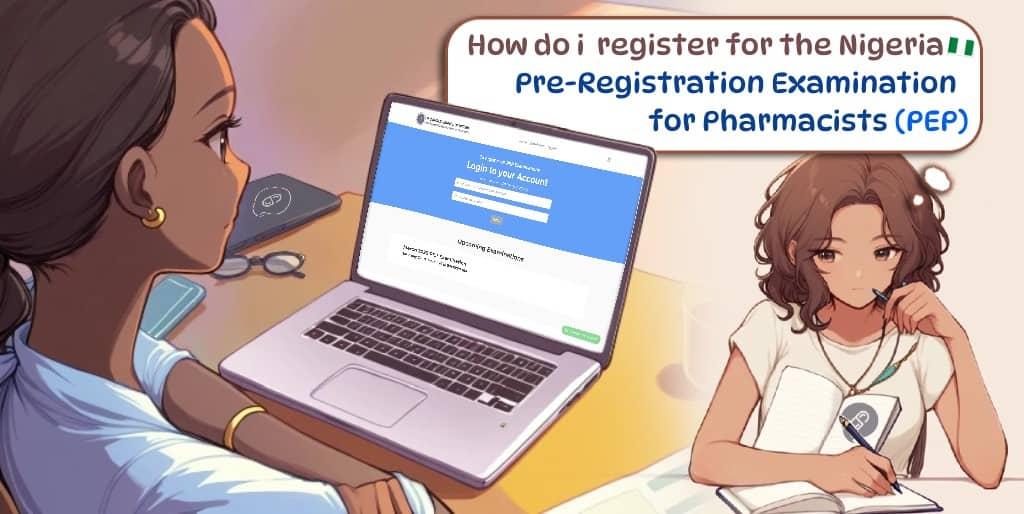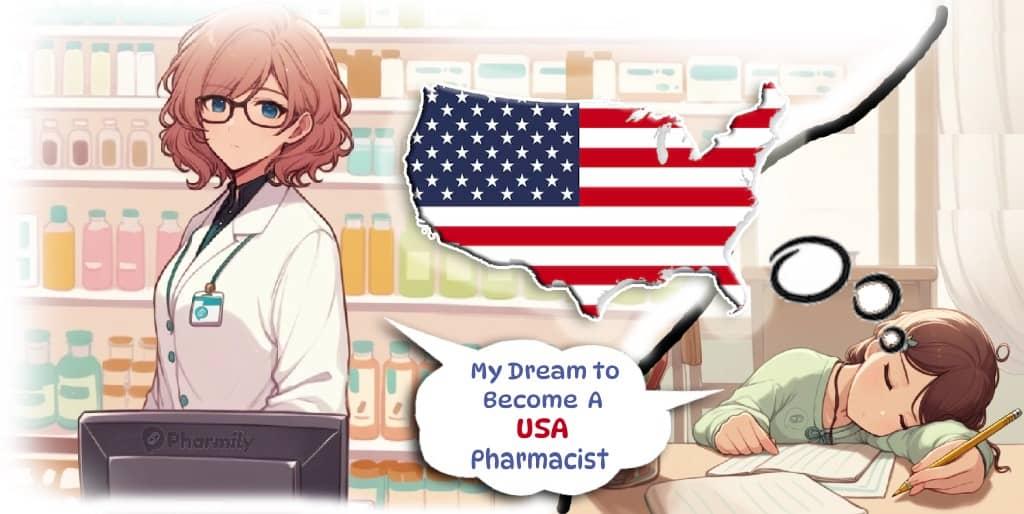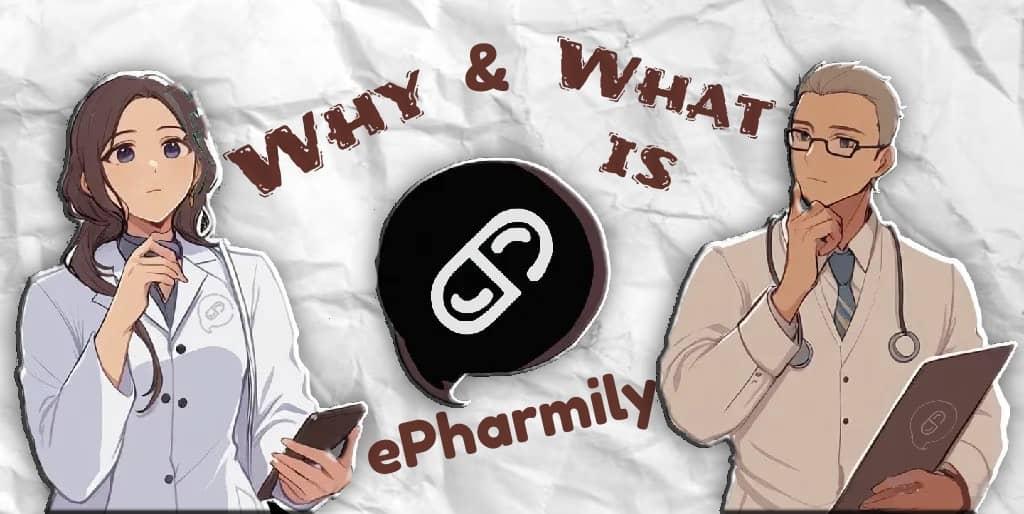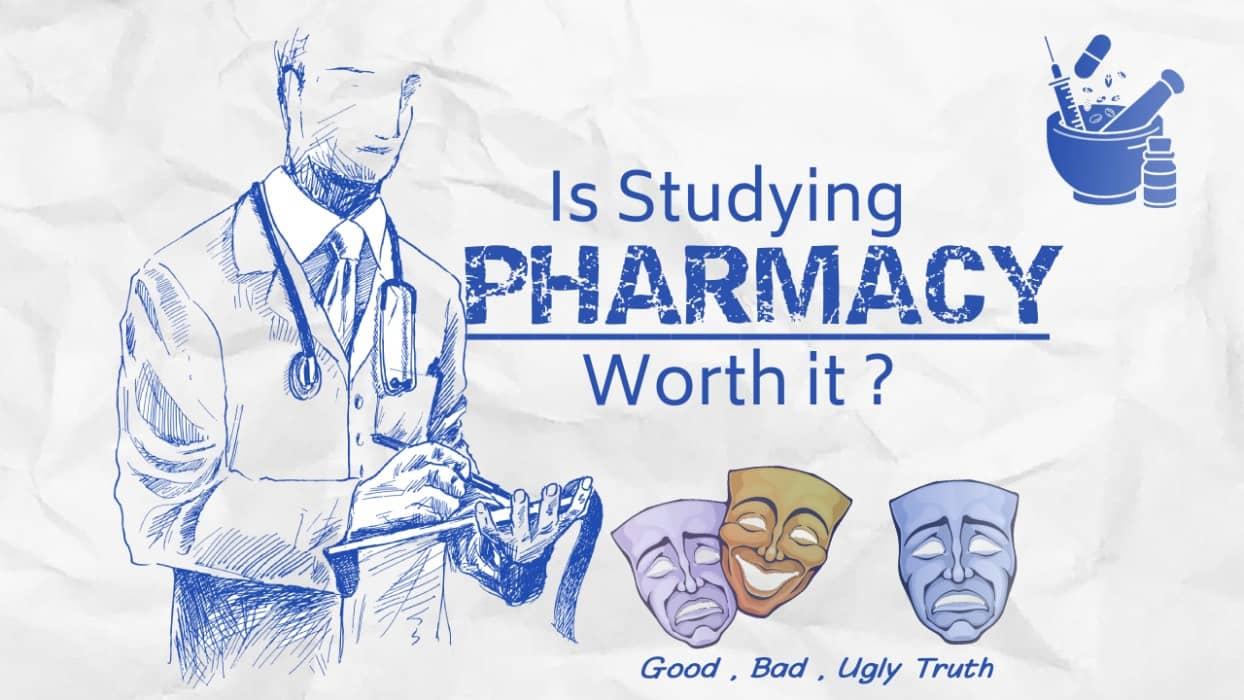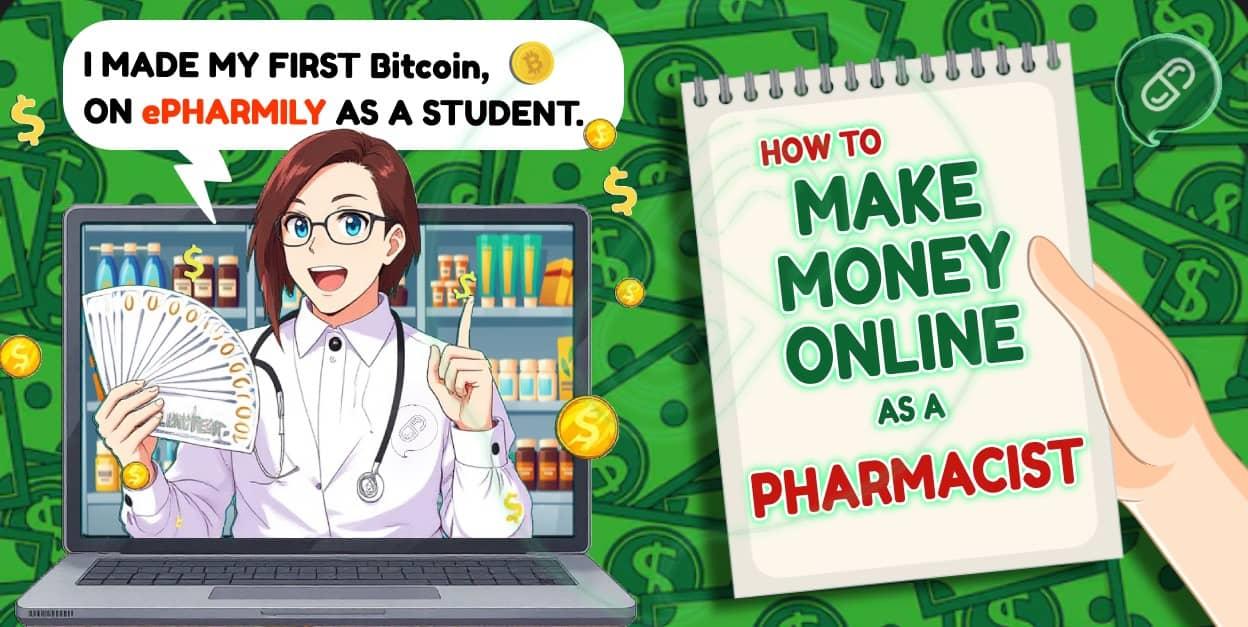Frequently Asked Questions for Aspiring Pharmacists - PART 1
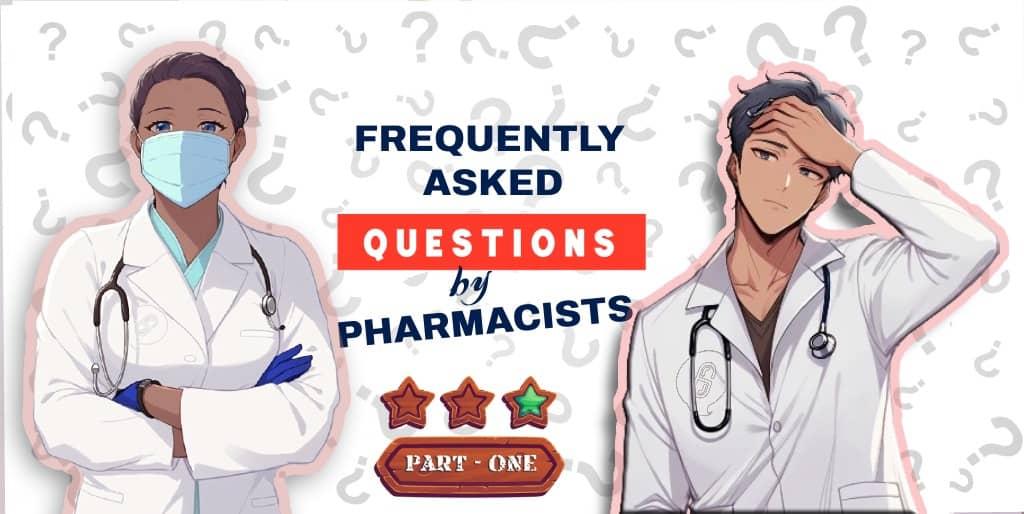
Hi ..... and welcome to todays, Frequently Asked Questions by Pharmacists.
These are carefully selected questions with answers on your career goals as a pharmacist. its divided into 3 parts
- Part 1 = FAQs by aspiring Pharmacy students.
- Part 2 = FAQs by Pharmacists after graduation.
- Part 3 = FAQs by Pharmacists with over 5years Work experience.
Hence, whether you're just starting to explore the field or already preparing for pharmacy school, it's important to have a clear roadmap of what to expect in your journey.
In this FAQ guide, we address the most common questions and concerns from aspiring pharmacy students, offering insights into the steps you'll need to take to achieve your career goals.
1. What qualifications do I need to become a pharmacist?
To become a pharmacist, you typically need to complete a Doctor of Pharmacy (Pharm.D.) program.
In the U.S. or in your country of residence, this requires completing at least two years of undergraduate coursework in subjects like biology, chemistry, and mathematics before applying to a Pharm.D. program.
2. How long does it take to become a pharmacist?
On average, it takes about 6-8 years to become a licensed pharmacist.
This includes completing undergraduate prerequisites (2 years), a 4-year Pharm.D. program, and fulfilling internship or residency requirements for licensure. /Countries may differ/ see: Canada, united states and Dubai
3. What are the core subjects required in pharmacy school?
Pharmacy students will study a variety of subjects, including pharmacology, medicinal chemistry, pharmacology, biochemistry, pharmacy law, and patient care.
Students also participate in clinical practice to gain hands-on experience.
Related sciences like biology, anatomy and chemistry might be included.
4. Do I need to pass any exams to become a pharmacist?
Yes, in most countries, you will need to pass licensing exams, such as the
- North American Pharmacist Licensure Examination (NAPLEX) in the U.S.
- Pre-Registration Examination for Pharmacists (PEP) for Nigerians.
- Pharmacy Examining Board of Canada (PEBC) for Canadians.
See: Top 8 Pharmacy Registration Exams Around the World After passing these exams, you may also need to take additional state exams or obtain certifications depending on where you plan to practice.
5. What career opportunities are available for pharmacists?
Pharmacists have diverse career options, including working in
- Community pharmacies: Retail or chain pharmacies
- Hospitals: Clinical pharmacy or inpatient care.
- Pharmaceutical industry: drug development and production
- Research
- Academia: Teaching in pharmacy schools.
- Government agencies: Public health or policy roles.
- Specialized fields: Oncology, pediatrics, geriatrics, or ambulatory care.
Other emerging fields like pharmacogenomics also offer exciting career paths. Read: What is It Like to Be a Hospital Pharmacy Intern?
6. What skills are essential for a successful pharmacy career?
Key skills for pharmacists include:
- Attention to detail: Ensuring accurate medication dispensing.
- Communication skills: Explaining complex medical information to patients.
- Problem-solving: Addressing drug interactions and patient concerns.
- Time management: Handling multiple tasks efficiently.
- Empathy: Providing patient-centered care.
- Interpersonal skills are also important for working with healthcare teams and patients.
Read: Top Skills Pharmacists Need to Thrive in
7. How much does pharmacy school cost, and are there scholarships available?
Pharmacy school tuition varies widely:
Public schools: 20,000 – 40,000 per year.
Private schools: 30,000 – 60,000 per year.
/ Note: this is for the united States, as other countries my differ /
Scholarships are available through organizations like the American Association of Colleges of Pharmacy (AACP), American Pharmacists Association (APhA), and pharmacy schools themselves.
Read: Top Countries with High-Paying Pharmacy Jobs
8. Is pharmacy a good career for the future?
Yes, the demand for pharmacists is expected to grow as the healthcare industry expands, rise in content creator grows (i.e. 85% of individuals are dropping out of college to become content creators ) and as the aging population increases.
Pharmacists will continue to play a critical role in patient care, medication management, and healthcare services.
Read: Is a Career in Pharmacy still Worth It ?
9. What is the difference between a pharmacist and a pharmacy technician?
Pharmacists: Hold a Pharm.D. degree, oversee medication dispensing, provide patient counseling, and manage drug therapy.
Pharmacy Technicians: Assist pharmacists with tasks like filling prescriptions, managing inventory, and processing insurance claims. They typically complete a certification program.
read:- Pharmacist vs. Pharmacy Technician: Understanding the Key Differences.
10. What is the difference between a Pharm.D. and a PhD in Pharmacy?
🟡 A Pharm.D. is a professional doctorate for practicing pharmacists, focusing on patient care and medication management.
🟡 A PhD in Pharmacy is an academic doctorate focusing on research and the development of new drugs, therapies, or pharmaceutical sciences.
11. How can I prepare for pharmacy school while still in high school?
✅ To prepare for pharmacy school, you would have to focus on excelling in science courses such as biology, chemistry, and mathematics.
Participate in internships, volunteer at local pharmacies, and research different pharmacy programs to find the best fit for your career goals.
Read: Balance pharmacy school and personal life
12. How can I stand out as a pharmacy student?
To stand out:
- Participate in pharmacy organizations and leadership roles.
- Network with professionals through conferences and events.
- Gain hands-on experience through internships or research projects.
- Develop a niche expertise in areas like medication therapy management or pharmacogenomics.
These FAQs by Pharmacists are tailored to answer most common and important questions aspiring pharmacy students may have on their journey to becoming a licensed pharmacist.
Hope, this helps. please.... like and share, stay turned for the part 2 and 3, of the FAQs by pharmacists.







